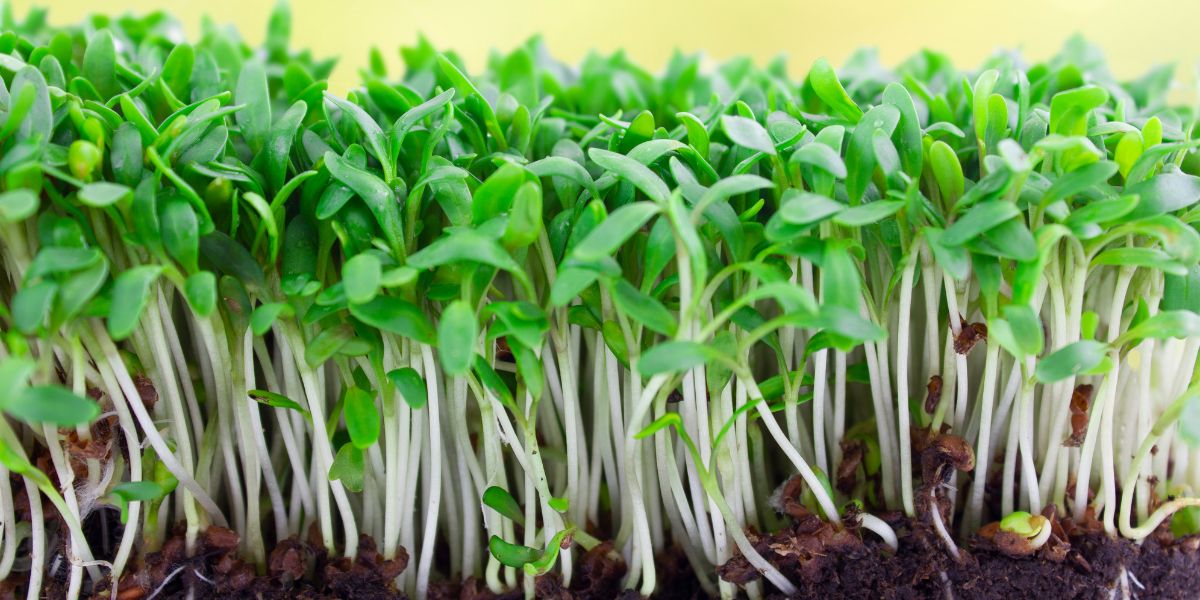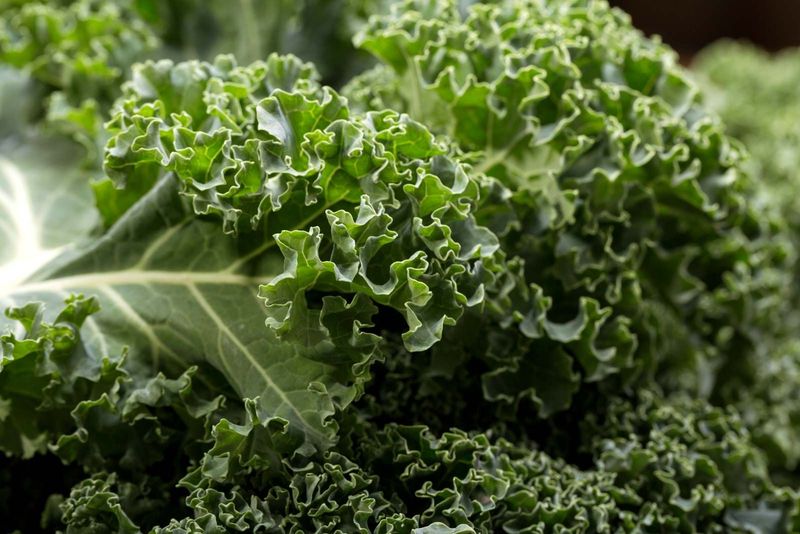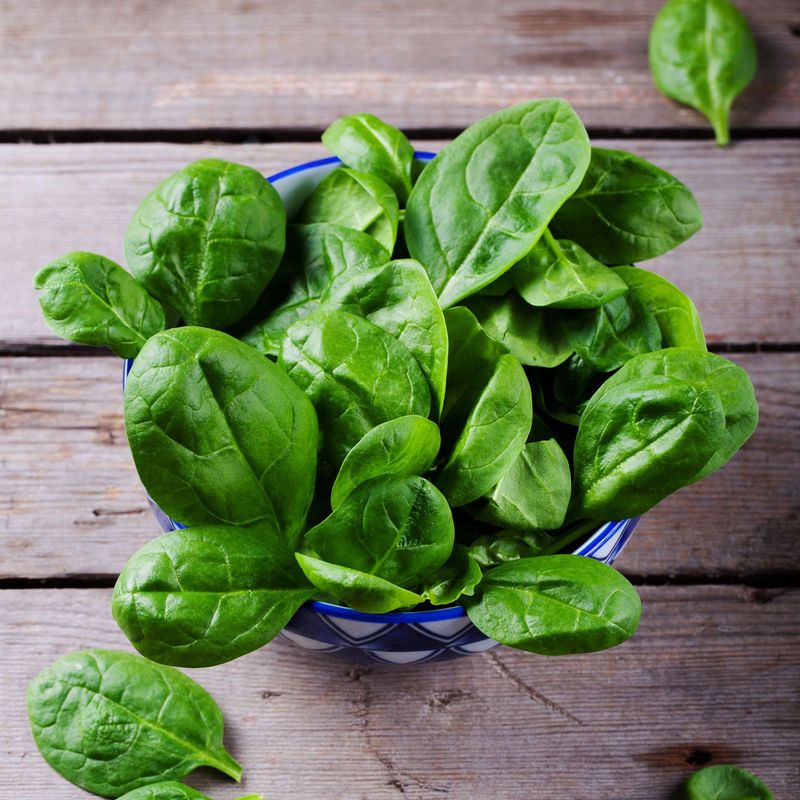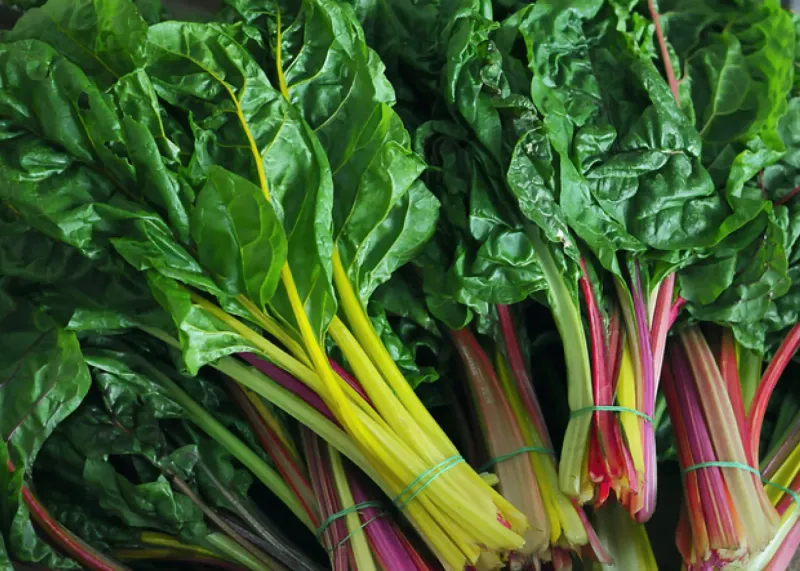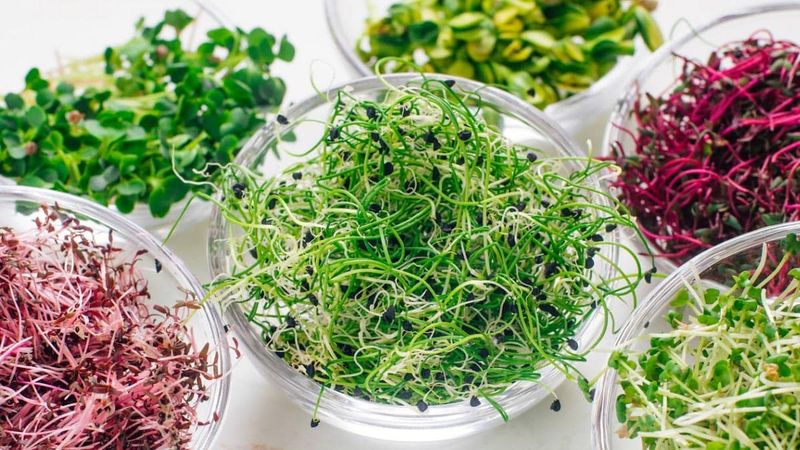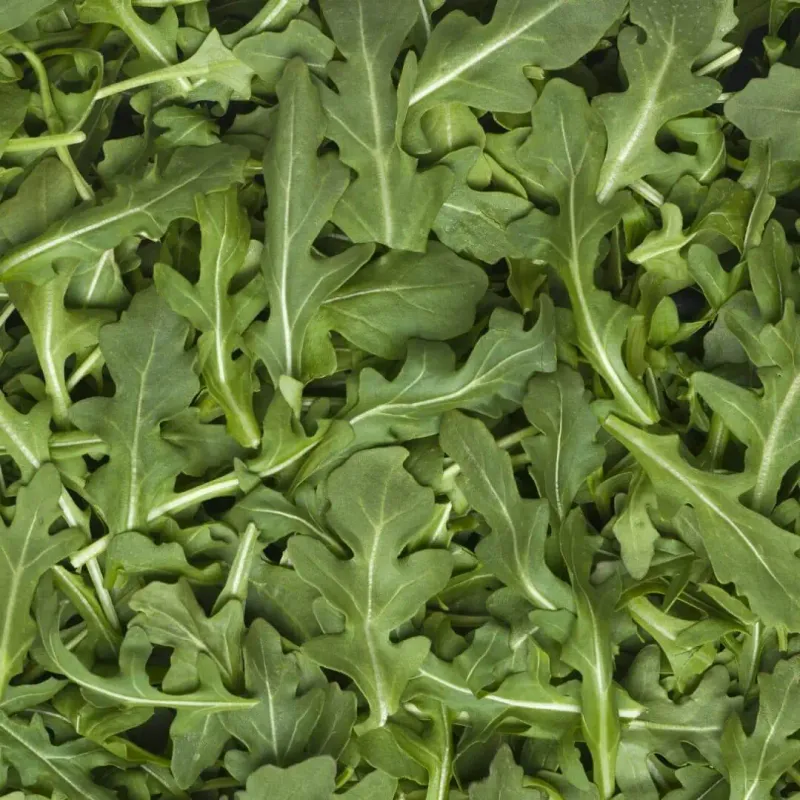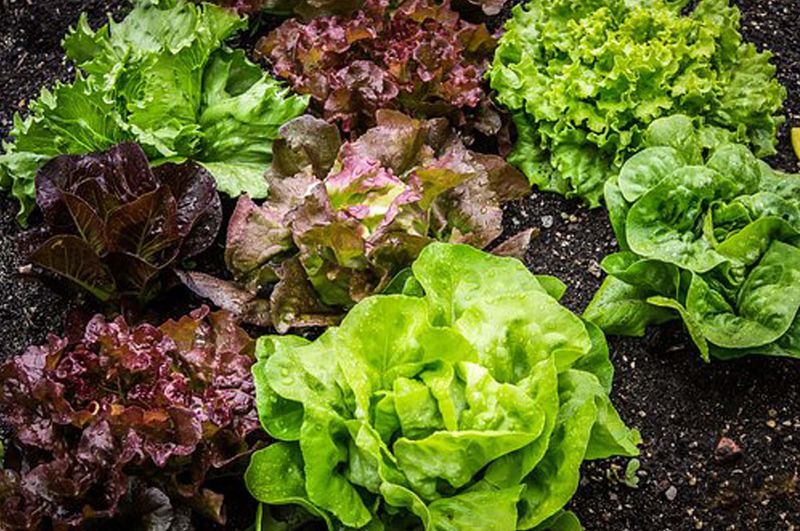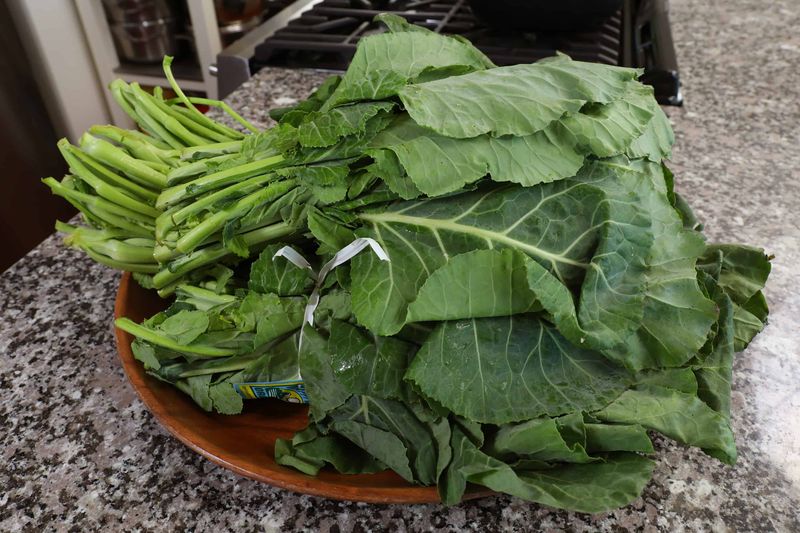Winter doesn’t mean the end of fresh, homegrown produce. With a little effort and planning, your winter garden can be a source of fresh greens perfect for smoothies.
Not only do these greens add flavor and nutrients, but they also provide a sense of satisfaction and sustainability.
Let’s explore the best options for cultivating fresh greens even in the coldest months, ensuring you have a steady supply right at your fingertips.
Kale
Kale is a winter superstar, thriving in cooler temperatures. Its resilience makes it perfect for indoor gardening. Start by selecting a sunny spot for your plant, ideally near a south-facing window. Kale’s nutrient-dense leaves are a powerhouse of vitamins A, C, and K.
Incorporating kale into your smoothies adds a hefty dose of health benefits without overwhelming flavors. Regularly trim the leaves to encourage new growth, providing a continuous supply. This green is an excellent choice for beginners looking to dip their toes into winter gardening.
Spinach
Spinach is a versatile green that adapts well to indoor environments. Its rapid growth rate means you can enjoy fresh leaves in a matter of weeks. Place your spinach in a well-lit area, ensuring it receives enough sunlight for optimal growth.
With a mild flavor, spinach is a smoothie favorite, adding nutrients without overpowering other ingredients. Regular harvesting promotes new growth, keeping your supply steady.
Consider using a hydroponic system for a soil-free growing experience, ideal for small spaces. Spinach is a fantastic way to bring fresh greens into your winter routine.
Swiss Chard
Swiss chard brings a splash of color to your winter garden with its bright stems and deep green leaves. Position it in a bright spot indoors to maximize growth. It’s not just visually appealing; it’s nutrient-rich, providing vitamins A, C, and K.
Add it to your smoothies for a boost of nutrients and a hint of earthiness. Regular harvesting will encourage continuous growth, ensuring you have a steady supply. Its easy cultivation process makes it a popular choice for home gardeners during winter months.
Microgreens
Microgreens are a compact, nutrient-packed option for winter gardening. They grow quickly and require minimal space, making them ideal for indoor cultivation. Place a tray of your preferred varieties on a sunny windowsill and watch them flourish.
Their intense flavors and nutrient density make them a perfect addition to smoothies. Experiment with different varieties like radish or mustard greens for a unique taste. Microgreens’ fast growth cycle allows for continuous harvesting, keeping your kitchen stocked with fresh greens.
Arugula
Arugula offers a peppery punch to your winter smoothie greens. It’s easy to grow indoors, preferring cooler temperatures and partial sunlight. Ensure that your arugula gets enough light, perhaps on a windowsill that receives morning sun.
This leafy green is not only flavorful but also rich in vitamin K and calcium, contributing to your daily nutrient intake. Regularly harvest the leaves to keep the plant thriving and encourage new growth.
Its unique taste adds a refreshing twist to your smoothies, making it a delightful choice for winter gardening.
Lettuce
Lettuce is a classic green that adapts well to indoor winter gardening. It prefers cooler temperatures and indirect sunlight, making it easy to care for. Opt for varieties like butterhead or romaine for a delicious and nutritious addition to smoothies.
To keep the supply steady, harvest leaves regularly; this encourages new growth and a continuous supply. Growing lettuce indoors not only provides fresh produce but also adds a touch of greenery to your space, enhancing both nutrition and aesthetics in your winter garden.
Collard Greens
Collard greens are known for their robust flavor and nutritional profile. Perfect for indoor gardening, they thrive in cool temperatures and require ample sunlight. Place them near a bright window for optimal growth.
Their hearty leaves add substance and nutrients to smoothies, offering vitamins A and C. Regular trimming encourages growth, ensuring a supply throughout the winter months.
Whether you’re new to gardening or a seasoned pro, collard greens make a rewarding addition to your winter garden with their health benefits and ease of cultivation.
